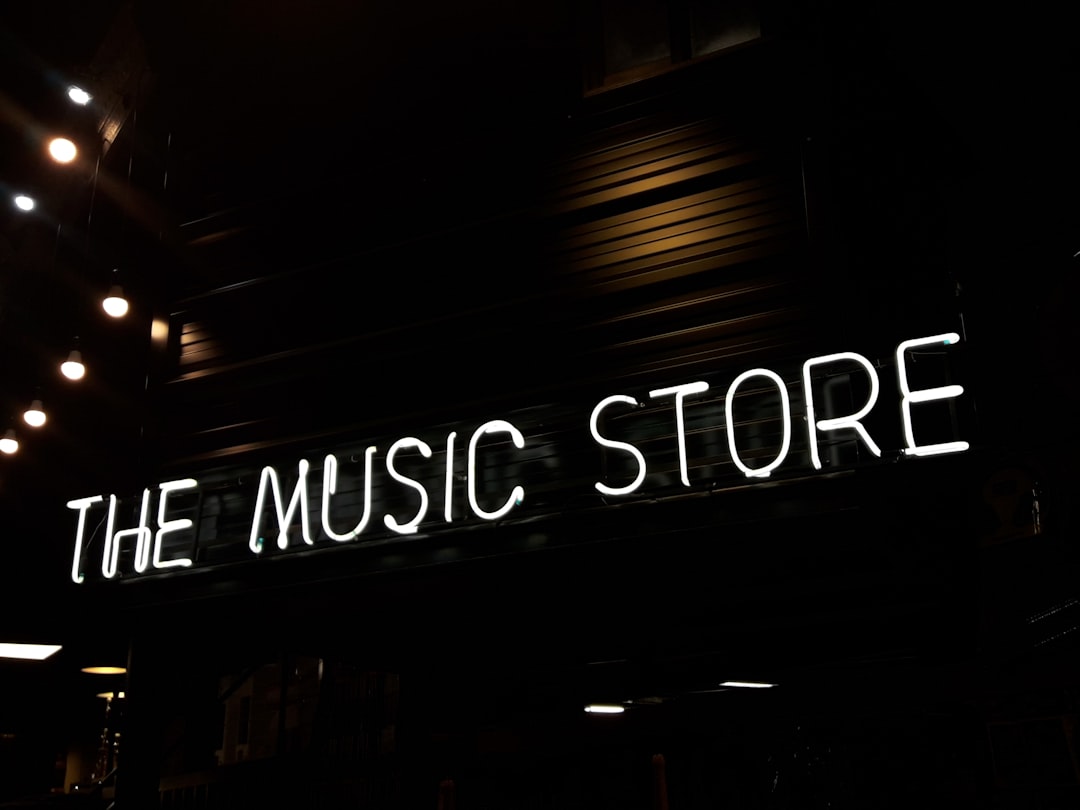For independent musicians and creators, establishing an online presence is crucial—not just for visibility, but also for monetization. Having a streamlined artist profile and an embedded music store allows artists to connect with fans, showcase their music, and generate income without middlemen. But with so many platforms available today, finding one that’s simple, efficient, and beginner-friendly can be overwhelming.
TLDR (Too long, didn’t read)
Finding the right online platform for musicians looking to host artist profiles and music stores doesn’t have to be complicated. Some platforms like Bandcamp, SoundCloud, and Ko-fi offer easy-to-use solutions that combine music hosting, customization, and monetization. Depending on whether your priority is discoverability, community support, or direct sales, there’s a fitting platform out there. Below is a streamlined guide to the best simple platforms available in 2024 for musicians of all experience levels.
1. Bandcamp – The Indie Favorite
Bandcamp is often hailed as the most artist-friendly platform on the internet. It allows musicians to create clean, elegant artist pages with support for albums, singles, lyrics, merch, and even direct communication with fans.
- User-friendliness: Easy drag-and-drop interface for uploading songs and albums.
- Monetization: Artists set their own prices or use pay-what-you-want models. Bandcamp takes a small cut per sale.
- Fan engagement: Email collection built into the download process; followers notified of new releases automatically.
- Additional tools: Built-in merch sales, music discovery features, and artist analytics.

Bandcamp also offers a Pro tier that enables deeper customization features and batch upload tools, ideal for artists with larger catalogs. The simplicity and transparency of the platform make it ideal for both newcomers and veterans of the indie scene.
2. SoundCloud – The Audio Social Hub
SoundCloud started as a platform for DJs, producers, and electronic artists but has grown into a versatile space for all genres. It combines music hosting with social networking elements.
- Profile creation: Artist profiles act like mini social media pages with comments, reposts, and playlists.
- Monetization: Through SoundCloud Premier, Repost by SoundCloud, and integration with other distribution networks.
- Community building: Users can comment on specific parts of tracks, follow artists, and share music seamlessly.

While the platform’s interface is slightly more complex than Bandcamp, its discoverability and integrated streaming features make it excellent for building an audience quickly. For creators focused on viral content or real-time feedback, SoundCloud is a top choice.
3. Ko-fi – Crowdfunded Music Hub
Ko-fi is a platform initially designed for creators taking tips or donations (“buy me a coffee”), but it now supports full storefronts and content monetization for musicians, writers, and artists alike.
- Simplicity: Easy setup and no tech skills needed for profiles or pages.
- Earnings: Takes 0% fee on tips; optional paid plan unlocks exclusive content features and a shop.
- Customization: Sell individual tracks, entire albums, or offer exclusive content to subscribers.
Ko-fi’s strength lies in its flexibility. Artists can add free and paid digital downloads, collect one-off donations, or set up a subscription tier—ideal for musicians who also create lesson content, tutorials, or digital artwork.
4. Bandzoogle – A Website Builder Built for Artists
Bandzoogle offers a more traditional model by allowing artists to build their own websites using music-focused templates and tools.
- Built-in features: Music player, tour calendar, mailing list integration, and merch/store options.
- No commission: Artists keep 100% of sales on music and merch (monthly subscription fee applies).
- Simplicity: Drag-and-drop templates and hosted websites mean no coding or design experience required.
Though it does have a small learning curve compared to point-and-click solutions like Ko-fi, Bandzoogle is ideal for artists wanting a more polished, professional look under their own domain name.
5. Gumroad – Direct-to-Fan Digital Goods
Gumroad isn’t designed specifically for musicians, but its clean simplicity and broad payment support has made it a favorite among DIY creators selling digital downloads.
- Features: Lets users sell music, videos, and bundles directly to fans with no storefront design needed.
- Analytics: Offers clear finance tracking and customer data exports.
- Customization: Artists can embed audio players and purchase buttons into their own sites or blogs.
For musicians who already have an existing audience or social media presence, Gumroad provides a lightweight and effective selling tool that supports one-off sales or memberships.
6. MusicGlue – Designed for Touring Artists
MusicGlue is designed to centralize all the merchandising and ticketing for touring musicians. Although not as visually creative as Bandcamp, it rests on solid functionality.
- Full feature suite: Sell digital tracks, physical merchandise, and tickets from one place.
- Fan-driven tools: Fan account creation for future promotions and pre-orders.
This makes MusicGlue an excellent companion site if you frequently tour and need one place to manage assets and track revenue.
Key Takeaways When Choosing a Platform
While all these platforms offer simplicity, each excels in different areas. Here are a few quick pointers to help musicians choose what’s right for them:
- Best for pure music sales: Bandcamp
- Best for community engagement: SoundCloud
- Best for flexible monetization: Ko-fi
- Best for building a personal site: Bandzoogle
- Best for multi-product creators: Gumroad
- Best for touring musicians: MusicGlue

Frequently Asked Questions (FAQ)
1. What’s the easiest platform to set up as a beginner?
Ko-fi and Bandcamp are among the simplest to set up. You can upload content and start selling within minutes with virtually no technical knowledge required.
2. Can I sell physical merchandise along with my music?
Yes, platforms like Bandcamp, Bandzoogle, and MusicGlue support physical merchandise sales including CDs, vinyl, and T-shirts.
3. Which platform offers the most control over pricing?
Bandcamp gives artists full control over pricing and even allows fans to pay more if they choose.
4. Is it better to use more than one platform?
Yes, many artists use a combination—such as Bandcamp for sales and SoundCloud for discovery—to reach wider audiences and leverage multiple revenue streams.
5. Do any of these platforms require long-term subscriptions?
Bandszoogle has a monthly fee, but most other platforms like Bandcamp, Ko-fi, and Gumroad offer free tiers with optional upgrades based on your needs.
6. Can I use my own domain with these platforms?
Bandszoogle supports custom domains natively. Other platforms like Bandcamp and Ko-fi allow linking to personal domains with some setup.
Choosing the right platform shouldn’t be about chasing trends—it’s about matching your workflow, audience, and style. By starting with a platform that balances simplicity with the tools you need, you’ll be well on your way to growing a sustainable music career online.
I’m Sophia, a front-end developer with a passion for JavaScript frameworks. I enjoy sharing tips and tricks for modern web development.
